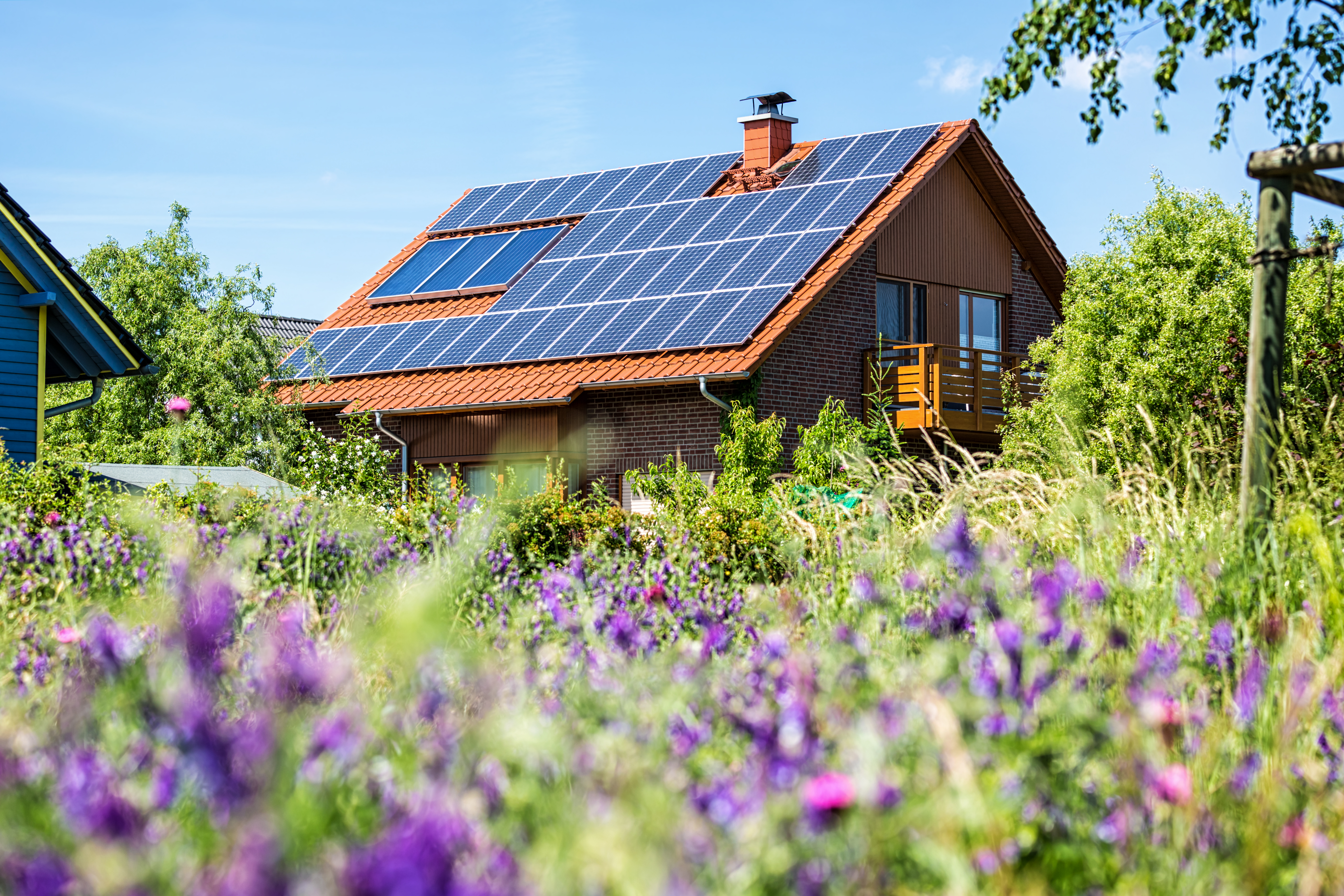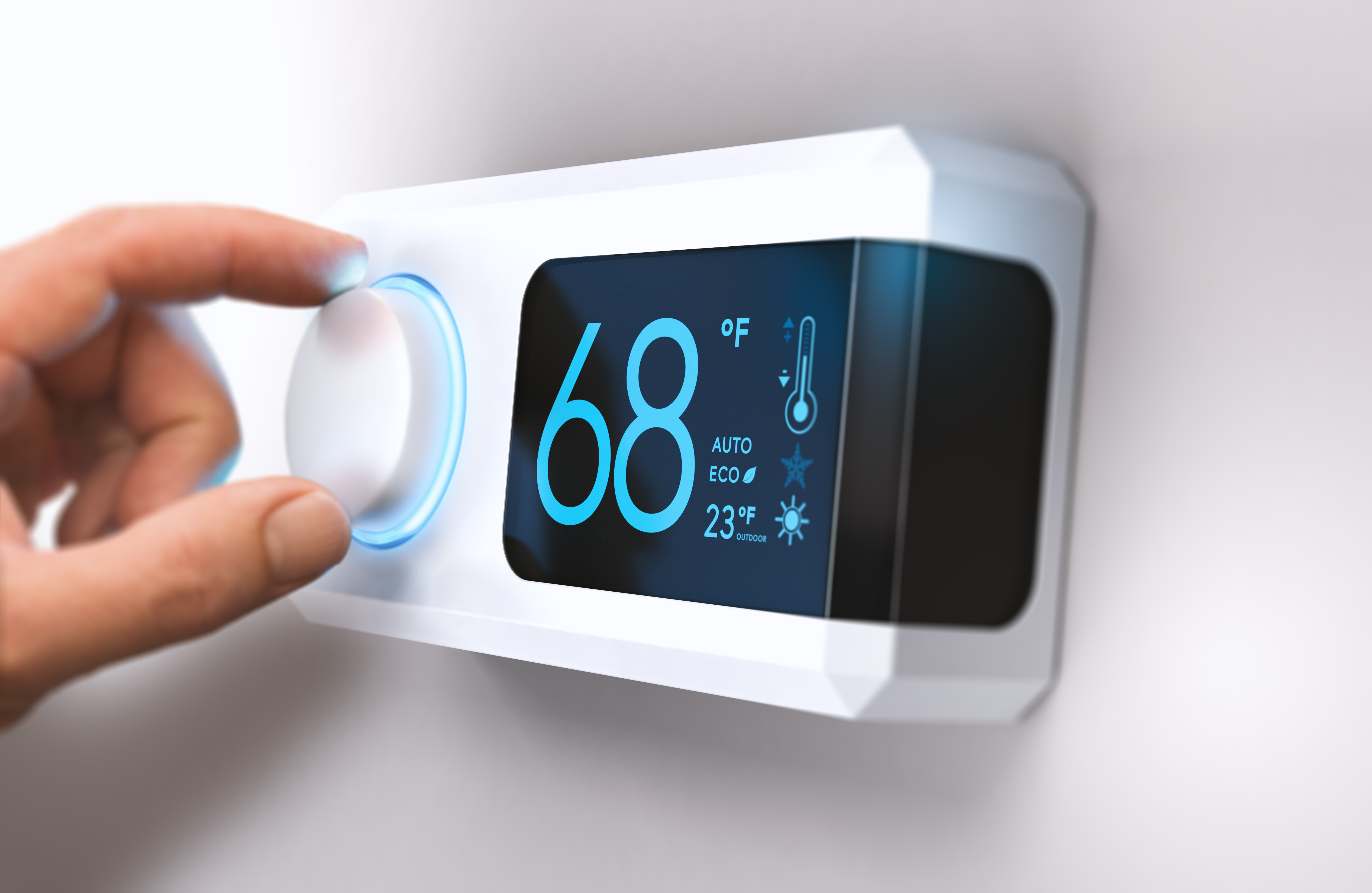Becoming an eco-responsible citizen is easier (and cheaper) than you may think. This quick yet informative report teaches us a few home upgrades that can save you and the planet over the long term. Think value vs. dollars.
Although sustainability may not be the first instinct when you consider renovating and repairing your home, there are many feasible steps you can take to become more eco-friendly. If you’re with less eco-minded people, buying a house without your spouse could cut down on the total carbon footprint for your property
Most green changes can save you money for future use. As the “go green” social movement levels to become more of a necessity, many homeowners are looking for new ways to make their own place of living an environmentally friendly space.
These repairs can both better the well-being of your household and preserve funds.
Utility companies such as DTE Energy Co may offer specific benefits for environmentally-friendly changes on a first-come, first-served basis.
Why not start now? Here are three eco-friendly home repairs that can save you money.
1. Solar Roof Panels
Solar roof panels are a highly efficient method for building a new roof.
Although this installation seems like a big investment, many utility companies offer rebates and credits for installing solar panels in a new home.
Excess electricity that's not used for the month can roll over and be stored in a solar system's own electrical meter.
2. Bamboo
Bamboo is considered a sustainable plywood because it grows quickly, reaching maturity in four years.
Bamboo is more durable and cost-efficient than traditional hardwood and can last for up to 50 years. In addition, it’s easy to install yourself, which can save even more money in the process.
Bamboo works well in both dry and moist settings, so utilizing it in floors or bathroom cabinets can both promote a sustainable home and give it a new, chic look.
3. Programmable Thermostat
A programmable thermostat responds to your preferences and automatically sets those temperatures for your house each day.
You can program the thermostat to turn on when you walk into the house and turn off when you leave. No one needs the air on when they’re not home – so why spend money on it?
This investment not only shrinks carbon footprints, it also shrinks energy bills.
The Big Picture
Not only can eco-friendly actions conserve natural resources and help the environment, they can also conserve money.
These are just a few of the many green steps you can take to being a more efficient spender, citizen and human being.
This article was written by Benzinga Staff from Benzinga and was legally licensed through the NewsCred publisher network. Please direct all licensing questions to legal@newscred.com.





